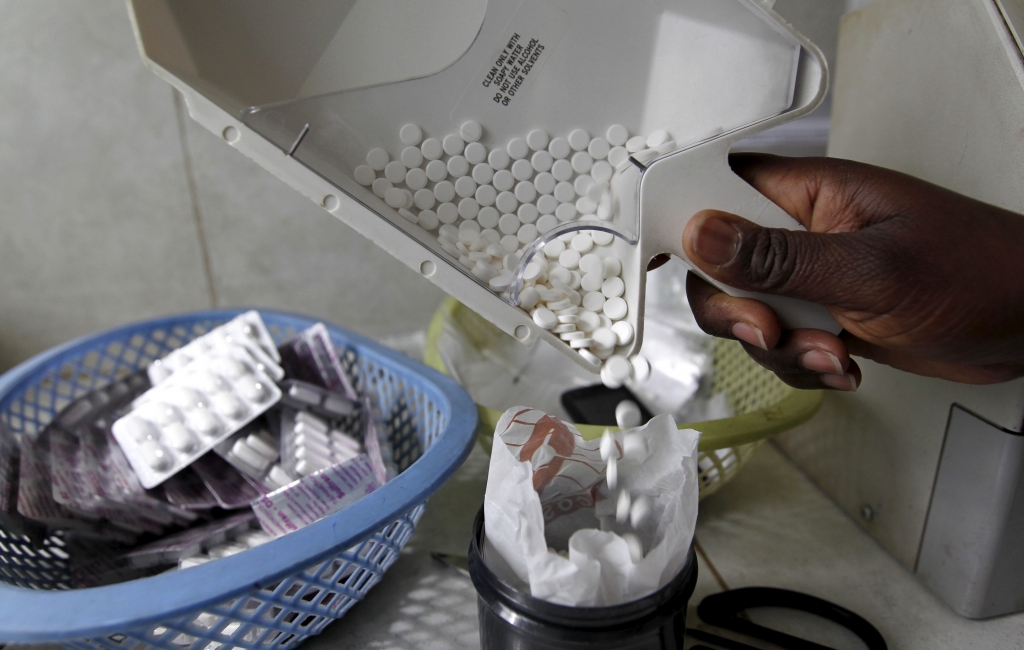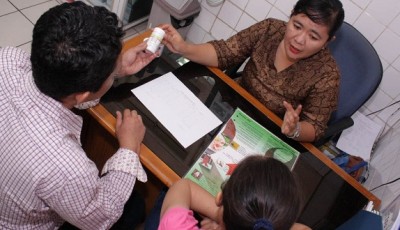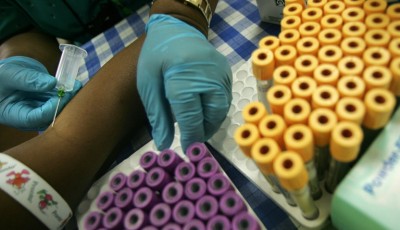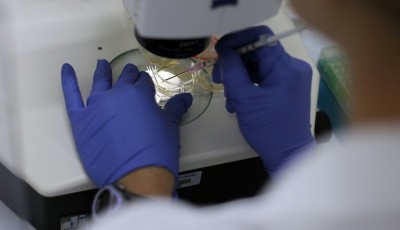Everyone with HIV should receive antiretroviral treatment, World Health Organization says
The expanded use of antiretroviral treatment is supported by recent findings from clinical trials confirming that early use of ART keeps people living with HIV alive, healthier and reduces the risk of transmitting the virus to partners.
Previously, the world body limited treatment eligibility to people whose immune systems showed signs of sickness within a certain threshold.
Gay Men’s Health Crisis ( GMHC ) is the nation’s leading provider of HIV and AIDS care, prevention services and advocacy, serving almost 9,000 people living with and affected by HIV and AIDS in New York City, the epidemic’s largest US epicenter.
According to the charity, nearly a third of the people diagnosed with HIV never come back to the clinic if they are not eligible to start treatment immediately.
The new guidance means that the 37 million people with HIV globally should be offered immediate treatment, a prospect that may be unrealistic in poor countries, where many patients are still unable to get medicines.
According to UNAIDS estimates, expanding ART to all people living with HIV and expanding prevention choices can help avert 21 million AIDS-related deaths and 28 million new infections by 2030.
A few of the main suppliers of those anti-retroviral therapy and HIV drugs are Gilead Sciences (GILD.O) which has shown positive results in recent studies, ViiV Healthcare and other Indian generic drug manufacturers. World Health Organization has released these recommendations in an early version of a document that will be presented in full later this year.
Prior to their revision, published today, the WHO HIV treatment guidelines recommended that HIV-infected individuals begin antiretroviral therapy when CD4+ cell counts fall to 500 cells/mm3 or less.
“In order to reach as many people as possible, as soon as possible, simplified models of care and self-management strategies are needed that allow people to take more control over their own treatment and care”, said Dr Marc Biot, MSF’s operational coordinator for HIV.
The Global Fund, a nonprofit organization that aims to eliminate AIDS, said it welcomes the new guidelines.
This study examined 265 participants enrolled in BMC’s Facilitated Access to Substance Abuse Treatment with Prevention and Treatment for HIV (FAST PATH) program between February 1, 2008, and March 31, 2012.
Treatment for patients who have already contracted HIV are typically less expensive, but would still require a substantial increase in overall spending.












